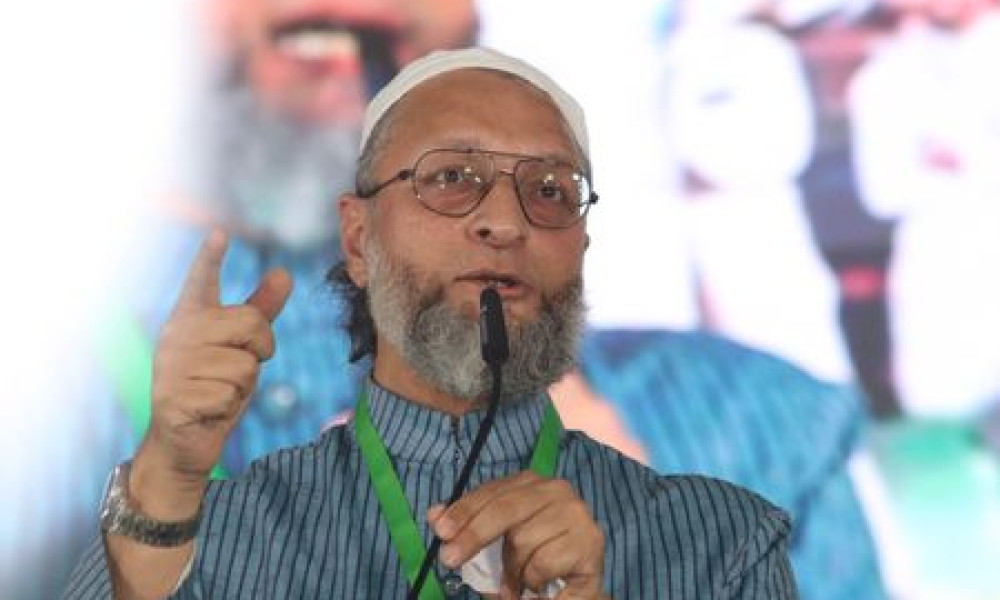AIMIM President Asaduddin Owaisi has strongly criticized the recent orders by various municipal corporations requiring slaughterhouses and meat shops to shut down on Independence Day. Calling the move ‘callous’ and ‘unconstitutional,’ Owaisi took to social media to express his disapproval, sparking a fresh debate on personal freedoms and cultural rights.
His comments came after the Greater Hyderabad Municipal Corporation (GHMC) issued directives to close cattle slaughterhouses and retail beef shops on August 15 and 16, citing Independence Day and Janmashtami as reasons. The order, issued under Section 533 (b) of the GHMC Act, 1955, has been sent to local police commissioners and veterinary authorities for enforcement.
Owaisi didn’t hold back. “Many municipal corporations across India have ordered that slaughterhouses and meat shops should be closed on 15th August. Unfortunately, GHMC has also made a similar order. This is callous and unconstitutional,” he posted on ‘X.’ He further questioned the logic behind linking meat consumption with patriotism, asking, “What’s the connection between eating meat and celebrating Independence Day?”
For Owaisi, the issue goes beyond inconvenience. He argued that such bans infringe on fundamental rights. “99% of Telangana’s people eat meat. These meat bans violate people’s right to liberty, privacy, livelihood, culture, nutrition, and religion,” he added. Critics have pointed out that meat is a dietary staple for many communities, and forced closures disproportionately affect small businesses.
The GHMC isn’t alone in this move. Municipal authorities in Mumbai, including Kalyan-Dombivli, have issued similar orders. Samajwadi Party leader Abu Azmi condemned these actions, calling them an attack on personal freedom. “August 15 is Independence Day, the day people gained freedom from slavery. On that very day, you want to introduce a law that takes away people’s freedom?” he said.
Small business owners, particularly those from economically weaker sections, stand to lose the most. Azmi emphasized this point, asking, “What will people eat? If this is correct, then close all hotels too. Poor people who run small businesses will be forced to shut down.”
As the debate heats up, the broader question remains: Should municipal bodies have the authority to impose dietary restrictions under the guise of national or religious observance? With opposition growing, these orders may face legal and public pushback in the coming days.

